5 Recovery Tips for Muscle Fatigue
You’re at the gym, sweating, and working hard. You get into a rhythm and suddenly everything seems to fall into place – the weights don’t seem as heavy anymore and you feel like you could conquer the world.
This is what’s called workout euphoria (or runner’s high) and it happens to both professionals and beginners. It’s that feel-good wave of energy that makes you want to break free of your limits. Now, there’s nothing bad about getting in that state, as long as you understand how to manage it.
More often than not, a high-intensity workout session will leave you with sore muscles and fatigue. Again, not a bad thing – it’s a sign that your efforts are effective. Muscle soreness means the tissue is damaged and needs repairs to become stronger and more resistant to stress. However, for this to happen, you need to understand muscle fatigue and take the right actions to promote recovery.
Here are a few tips that will help you deal with muscle fatigue and soreness so you can keep following your fitness goals.
#1: Rest
It sounds too easy to be true, right?
Well, it’s not that easy either. Rest doesn’t imply lazing on the couch all day watching Netflix (although, this also works from time to time). Muscles need good, high-quality sleep to recover, which means that if you train intensely, you have to dedicate a bigger chunk of your time to snoozes.
Besides sleep, it also helps to get a massage or massage the sore area yourself. While the science is not crystal clear, it has been found that massage has beneficial effects on muscle flexibility and helps reduce soreness.
#2: Eat Well
There’s no way to build a toned physique without providing your body with the right nutrients!
You need a balanced diet of protein, carbs, and healthy fats to achieve your muscle-building goals. Of course, this also means reducing ultra-processed foods such as fast food, sweets, processed meats, and more.
You may also consider supplements like beta-alanine or creatine monohydrate. Both help increase muscular strength, but one of the beta-alanine benefits is that it helps fight muscle fatigue.
#3: Stay Hydrated
Dehydration does not go well with your ability to work out properly and can even impair the recovery process. That’s why it’s crucial that you stay hydrated before, during, and after you exercise.
Also, make sure to drink water or healthy fruit juices (like tart cherry juice) and avoid energy drinks. Energy drinks tend to be packed with caffeine, which promotes dehydration, so if you drink them to feel pumped, you’ll end up being twice as dehydrated by the end of the workout.
#4: Active Recovery
There are a few light exercises that you can do after an intense workout round in order to reduce the next day’s fatigue and muscle soreness. This can be a quick round of light cardio exercises, stretches, or foam rolling.
These actions increase blood circulation to the muscles, release any knots, and help the body cool down. If these don’t do much for you, there are a number of healthy post-workout habits you can implement in your routine, so you can have your pick.
#5: Contrast Water Therapy
Some athletes use this therapy to reduce soreness after endurance sessions that put their muscles to the test. The therapy involves alternating between submerging in warm water and very cold water for specific periods of time.
While there is research to be done on this method, it does help with contraction and dilation of blood vessels which helps improve blood flow to the muscles. Still, this method should not be tried without medical advice.
Wrap Up
If you work out or want to start anytime soon, you also need to know how to help your body recover after long periods of strenuous effort.
